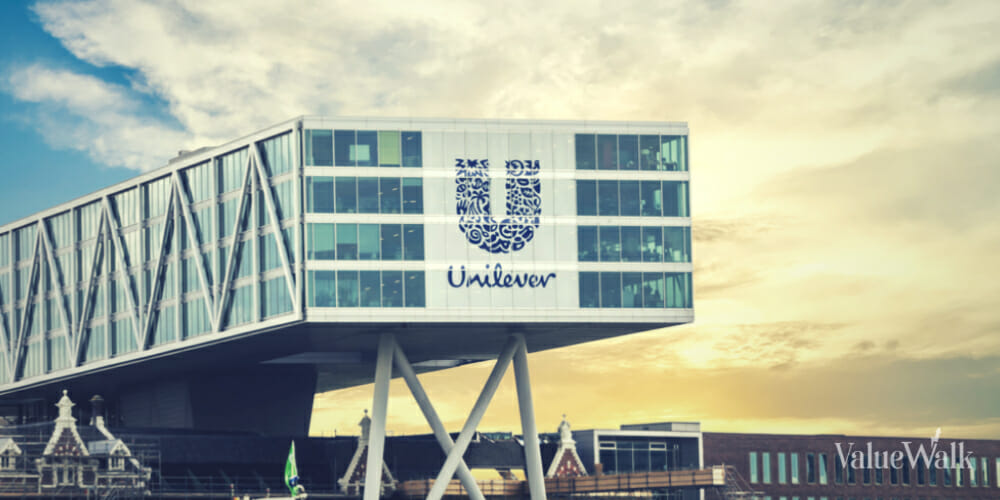Unilever plc (LON:ULVR) has reported its financial results for 2022 this morning. The group reported underlying revenue growth of 9.0%, driven by price growth of 11.3% and volumes that declined by 2.1%.
Reported revenues were flattered by currency movements, so revenues of €60.1bn were 14.5% higher. Unilever faced significant input cost inflation that led to a margin decline of 230bps to 16.1%.
Q4 2022 hedge fund letters, conferences and more
A fourth quarterly dividend for the year of €0.4268 was declared, taking the 2022 total to €1.5213, up 4.2% on the year before. The shares were around 1% higher in early trading.
Unilever's inflation Playbook
Steve Clayton, head of equity funds, Hargreaves Lansdown:
“Unilever have a playbook for inflation. A business as broad-based as they are is always facing inflationary pressures somewhere in the world, so they know the drill. Rarely though, has inflation surged in so many parts of the globe at once.
The group have absorbed billions of euros of additional input costs and still kept profits broadly flat, whilst growing dividends to shareholders. Margins have been squeezed though and are unlikely to rebound before 2024. The group are suggesting they will face another €1.5bn of cost increases in H1 2023 alone.
The group have upped their marketing expenditure to support their brands and maintain then grow market shares. Their portfolio is becoming more focused on higher growth categories, with the sale of the global tea business removing a growth laggard, replaced by a portfolio of younger, faster growing premium health and beauty brands like Nutrafol and Liquid I.V.
Cost pressures are not going away, and the group cannot take their foot off the marketing pedal, because volumes cannot be allowed to keep slipping. Customers must be convinced of the value of Unilever’s brands each and every day. The results were pretty much bang in line with market expectations, not least because the group recently hosted a Capital Markets Day to share their plans with investors.
Some analysts may want to trim their margin forecasts a touch, but the underlying message here is that Unilever is coping just fine against a challenging trading environment. The dividend offers a yield approaching 4% with steady growth expected over the next few years. Dependability is a big part of the appeal of Unilever and it remains a core holding in the HL Select UK portfolios.”






